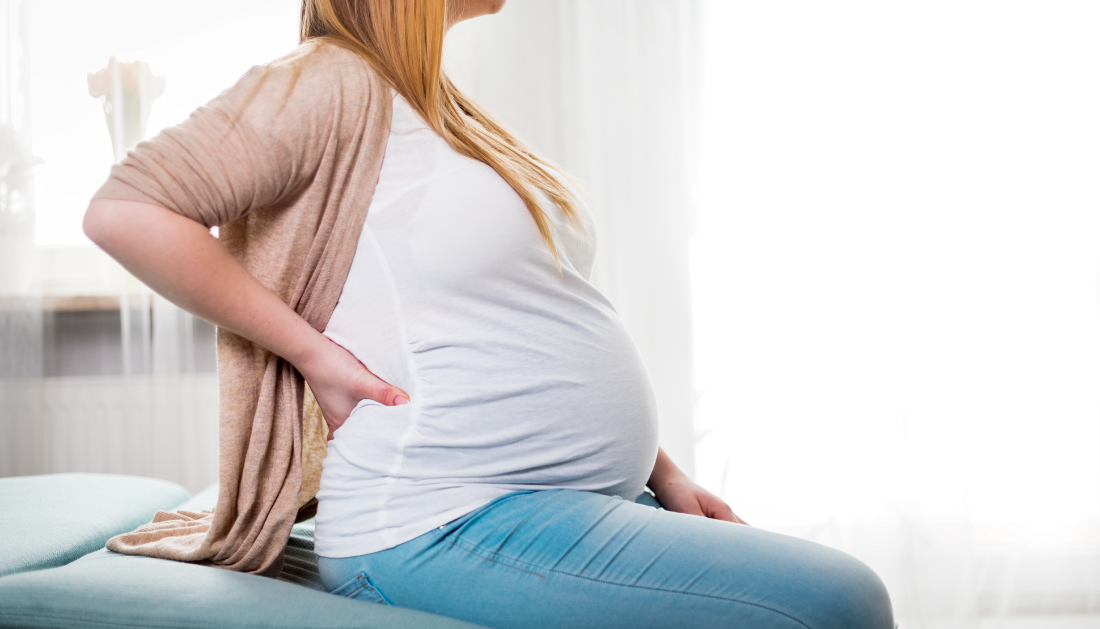

Cannabis during pregnancy increases the risk of premature birth, low birth weight, and neonatal intensive care in infants, according to a new study from researchers at the Centre for Addiction and Mental Health (CAMH) and the University of Toronto.
The study, which was published in the journal Addiction, also discovered that cannabis-exposed newborns are not at a higher risk of birth abnormalities or mortality within one year, including sudden unexpected infant death.
“The global increase in cannabis use among women of reproductive age also extends to pregnant women,” says Maryam Sorkhou, a PhD student and principal author on the study at the University of Toronto’s Temerty Faculty of Medicine’s Institute of Medical Science. “We know that THC, the main psychoactive constituent in cannabis, can cross the placenta from mother to fetus and bind to receptors in the fetal brain.”
Tony George, a clinician-scientist at CAMH and a professor in the Temerty Faculty of Medicine’s department of psychiatry and Institute of Medical Science, collaborated with Sorkhou on the project.
This study combined the findings of 57 previous investigations from throughout the world.
These investigations took place between 1984 and 2023 and involved the health outcomes of almost 12 million newborns, including over 102,000 infants who were exposed to cannabis before birth.
For example, 20 of the included studies assessed the relationship between intrauterine cannabis exposure and the risk of premature delivery.
The combined data suggest that moms who used cannabis during pregnancy were more than 1.5 times more likely to have a premature delivery than mothers who did not use cannabis during pregnancy.
Another 18 papers included in the review assessed the risk of low birth weight.
The combined findings suggest that mothers who used cannabis during pregnancy were more than twice as likely to have a low-birth-weight infant than mothers who did not use cannabis during pregnancy.
Ten of the included trials additionally assessed the likelihood of requiring NICU hospitalization.
The pooled data suggest that neonates with intrauterine cannabis exposure were more than twice as likely as non-exposed newborns to require NICU hospitalization.
“Our study adds to that knowledge by showing that prenatal exposure to cannabis heightens the risk of several adverse birth outcomes,” says Sorkhou.
For more information: Birth, cognitive and behavioral effects of intrauterine cannabis exposure in infants and children: A systematic review and meta-analysis, Journal Addiction
more recommended stories
 CTNNB1 Syndrome Study Explores Beta-Catenin Defects
CTNNB1 Syndrome Study Explores Beta-Catenin DefectsKey Takeaways Researchers in Spain are.
 Advanced Prostate Cancer and Serial ctDNA Analysis
Advanced Prostate Cancer and Serial ctDNA AnalysisKey Takeaways Serial liquid biopsies using.
 Tuberculosis Breakthrough with Experimental Antibiotics
Tuberculosis Breakthrough with Experimental AntibioticsKey Takeaways Experimental antibiotics disrupt a.
 National Healthy Longevity Trial Receives Federal Support
National Healthy Longevity Trial Receives Federal SupportKey Summary Up to $38 million.
 Vascular Health Linked to Early Alzheimer’s Brain Changes
Vascular Health Linked to Early Alzheimer’s Brain ChangesKey Takeaways Brain vascular health is.
 Red Blood Cells Improve Glucose Tolerance Under Hypoxia
Red Blood Cells Improve Glucose Tolerance Under HypoxiaKey Takeaways for Clinicians Chronic hypoxia.
 Nanoplastics in Brain Tissue and Neurological Risk
Nanoplastics in Brain Tissue and Neurological RiskKey Takeaways for HCPs Nanoplastics are.
 AI Predicts Chronic GVHD Risk After Stem Cell Transplant
AI Predicts Chronic GVHD Risk After Stem Cell TransplantKey Takeaways A new AI-driven tool,.
 Red Meat Consumption Linked to Higher Diabetes Odds
Red Meat Consumption Linked to Higher Diabetes OddsKey Takeaways Higher intake of total,.
 Pediatric Crohn’s Disease Microbial Signature Identified
Pediatric Crohn’s Disease Microbial Signature IdentifiedKey Points at a Glance NYU.

Leave a Comment